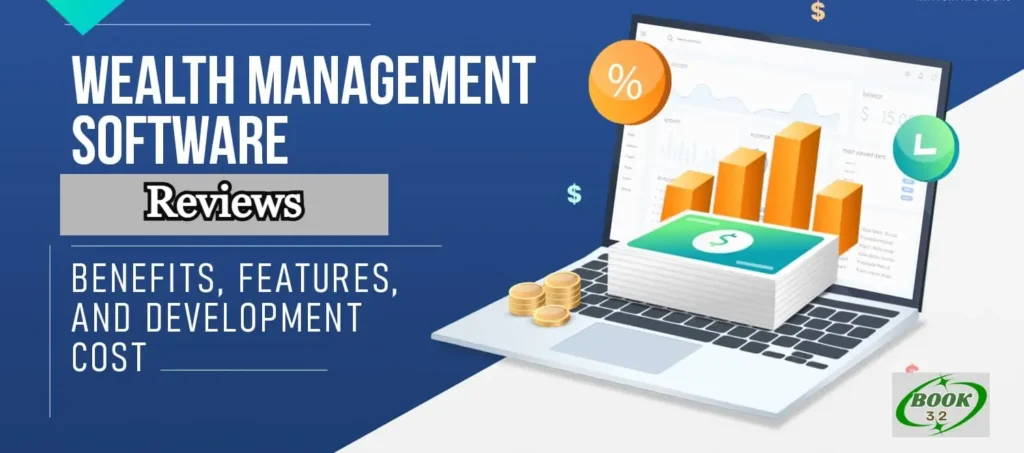Introduction
Managing wealth efficiently is crucial for individuals and businesses alike. Whether you’re a financial advisor, an investor, or someone looking to grow and manage assets, wealth management software can help streamline financial planning, investment tracking, and risk management.
In this article, we review some of the best wealth management software available, considering their features, ease of use, pricing, and overall value.
What Is Wealth Management Software?

Wealth management software is a digital tool designed to help users track their investments, monitor assets, manage financial goals, and optimize portfolio performance. These tools are widely used by financial advisors, investment firms, and individuals who want a clear view of their wealth.
Top Wealth Management Software Reviews

Here are some of the best wealth management software options available today:
1. Personal Capital – Best for Individual Investors
Pros:
✔ Free financial tools for budgeting and investment tracking
✔ Easy-to-use dashboard with a clear financial overview
✔ Automated portfolio management with expert advice
Cons:
❌ High fees for premium advisory services
❌ Limited customization for investment strategies
Review:
Personal Capital is a great option for individual investors who want a free yet powerful tool for tracking net worth, investments, and expenses. However, its premium services come at a high cost.
2. Wealthfront – Best for Automated Investing
Pros:
✔ Low fees and tax-efficient investing
✔ Automatic portfolio rebalancing
✔ Goal-based investing strategies
Cons:
❌ Limited human advisor interaction
❌ No direct stock trading options
Review:
Wealthfront is ideal for those who prefer a hands-off investment approach. It uses smart algorithms to manage portfolios and optimize returns. However, investors who prefer human financial advice may find it lacking.
3. Quicken – Best for Comprehensive Financial Management
Pros:
✔ Budgeting, bill management, and investment tracking in one platform
✔ Detailed financial reports and insights
✔ One-time payment option available
Cons:
❌ Outdated interface compared to modern software
❌ Can be overwhelming for beginners
Review:
Quicken is a long-time favorite for those looking for a full financial management solution. It covers budgeting, expense tracking, and investment monitoring, making it a great choice for those who want an all-in-one tool.
4. eMoney Advisor – Best for Financial Professionals
Pros:
✔ Powerful financial planning tools
✔ Secure client portal for financial advisors
✔ Detailed reporting and analytics
Cons:
❌ Expensive subscription cost
❌ Complex interface for beginners
Review:
eMoney Advisor is one of the top choices for financial professionals. It offers deep insights and reports that help advisors manage their clients’ wealth. However, its cost and complexity may not suit individual investors.
5. Betterment – Best for Beginner Investors
Pros:
✔ Low-cost automated investing
✔ Goal-based financial planning
✔ No minimum investment required
Cons:
❌ Limited investment options
❌ No access to direct human advisors in basic plans
Review:
Betterment is perfect for beginners who want an affordable and simple investment solution. It provides automated financial planning at a low cost, but investors who want more control may find it restrictive.
Which Wealth Management Software Should You Choose?

- For individuals looking to track their wealth and manage finances, Personal Capital or Quicken are great choices.
- For passive investors, Wealthfront and Betterment provide excellent automated solutions.
- For financial advisors, eMoney Advisor offers the best professional-grade tools.
Conclusion
Choosing the right wealth management software depends on your financial goals and level of involvement. If you want an automated investment solution, Wealthfront or Betterment is ideal. If you prefer detailed financial tracking, Personal Capital or Quicken will work well. For professionals, eMoney Advisor stands out.
No matter which software you choose, having a wealth management tool in place can greatly improve financial planning and investment tracking, making it easier to manage your assets effectively.
